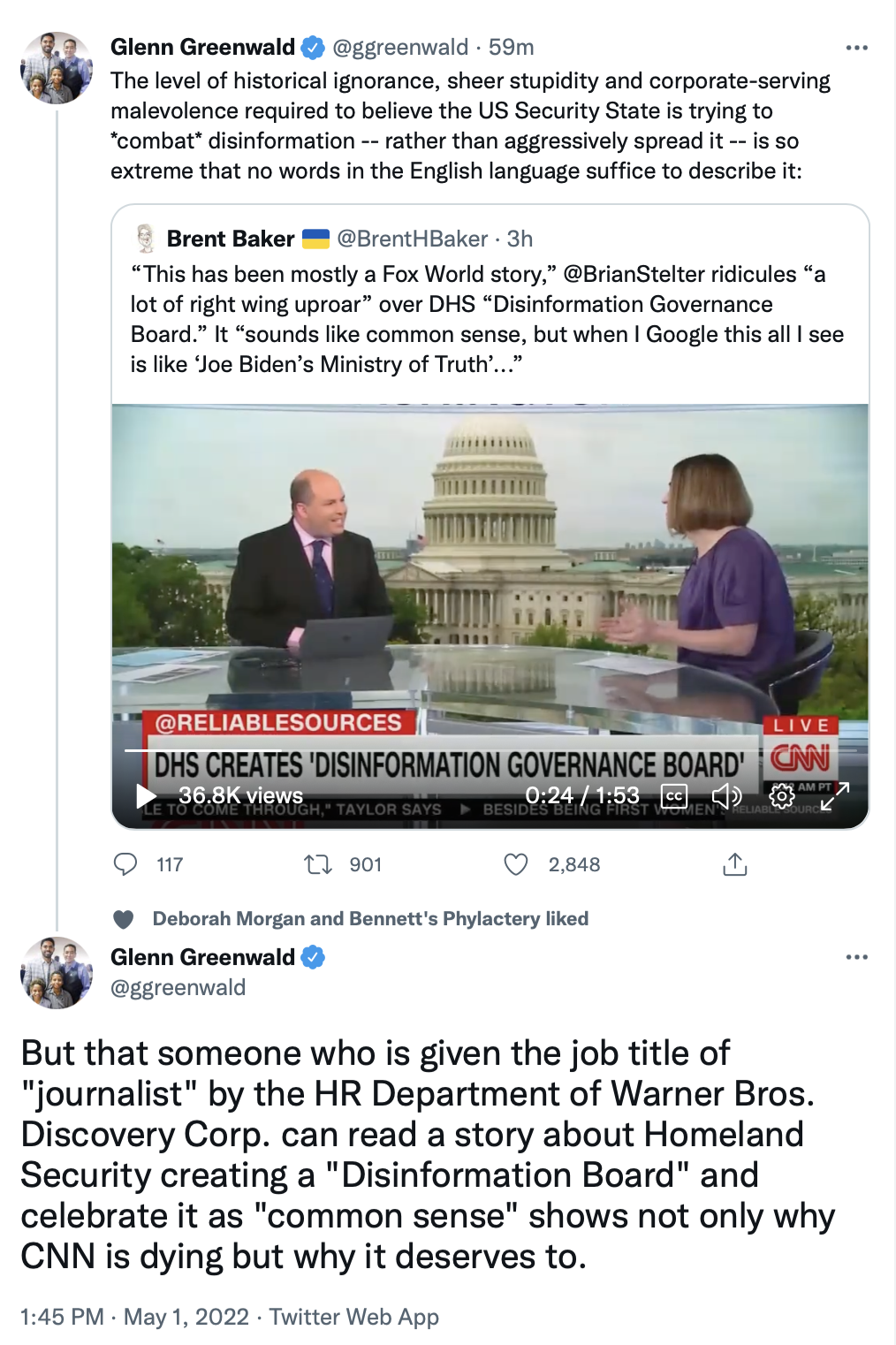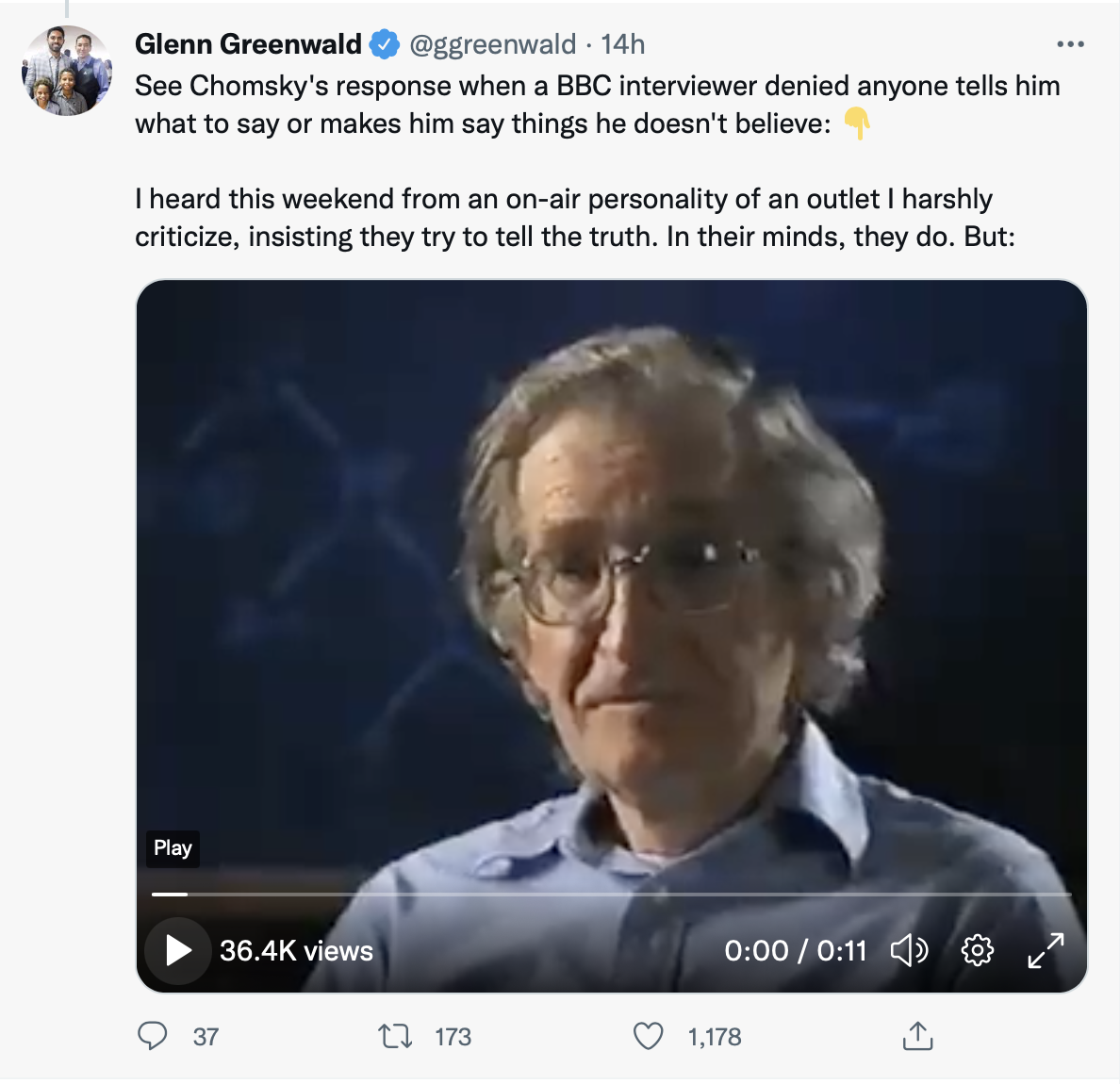Tara Henley's newest article is "Meet the press: Why much of the media looks and sounds much the same." She makes some excellent points that apply to liberal news media as well as conservative media. Reporters appears to lost a sense of curiosity. Whatever happened to the childlike curiosity in these well-trained journalists? Has it been snuffed out? Unlikely, because reporters know how to attack viewpoints that threaten their world views. What they lack is motivation to examine bullshit emanating from their own tribe.
Why is this? Sometimes, editors are refusing to allow reporters to following their instincts to be curious. This is happening in many places, resulting in excellent reporters striking out on their own. This group includes Andrew Sullivan, Bari Weiss and Tara Henley. There is a second less obvious reason: Many reporters feel internalized pressures to not ask certain questions. Henley offers this list of questions left-leaning reporters refuse to pursue:
Ask yourself how many liberal media pieces you’ve seen over the past two years that, say, interrogate COVID restrictions critically (especially early on, with school closures, lockdowns, and mask mandates). Or evaluate Black Lives Matter as a political movement, assessing its strengths and weaknesses. Or offer opposing viewpoints on transgender athletes in women’s sports; or mass immigration; or diversity, equity, and inclusion philosophies, trainings, or policies. Or acknowledge the excesses of #MeToo, or prejudice against the white working class. Or present critiques of identity politics. Or explore downsides of puberty blockers and gender transition surgery for teens; or delve into the growing censoriousness on social media and in education, Hollywood, the arts, and NGOs. Or probe inner city gun violence. Or reflect the positive sides of masculinity. Or talk about God. Or reference anything that’s currently deemed a conspiracy theory in non-derogatory terms (see: the lab leak theory). Or express genuine curiosity on the reasons behind the rise of independent media, whether that’s Joe Rogan or Substack.
Why are so many reporters afraid to be curious?
Often, it’s not a boss telling you what to cover, or how to cover it, but your colleagues, the mood in your newsroom, your competition, your Twitter feed, and, increasingly, your own anxieties. (And, just as important, what you are not being told. As writer Freddie deBoer has put it: “Everyone who works in the industry lives with a dim but persistent feeling that they have committed some kind of faux pas and are paying for it, but never know where, what, or why.”). Thus, consensus is manufactured in myriad small but insidious ways, and if you want to keep working you figure out the unspoken rules.
[More . . . ]


